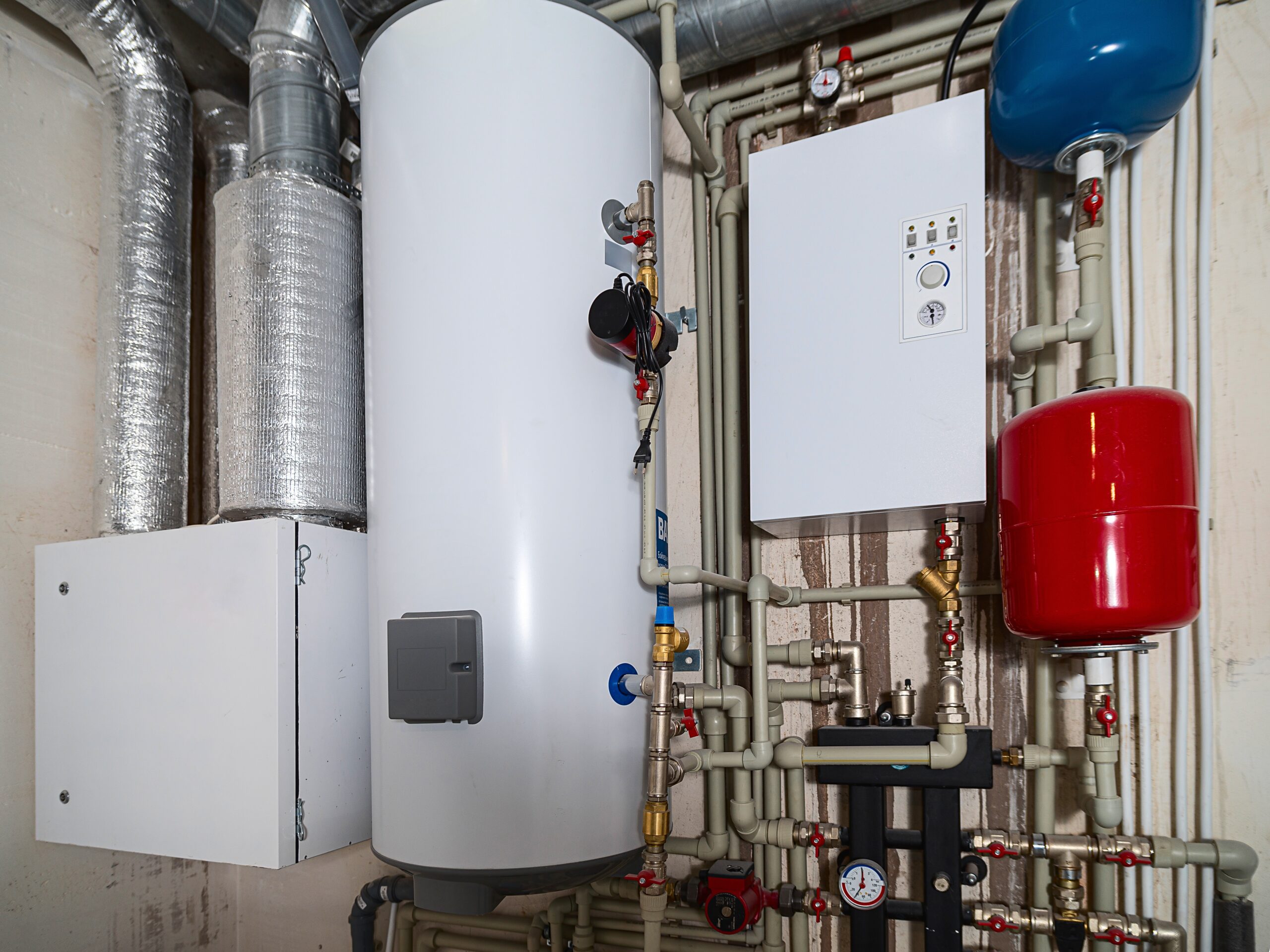Personal Hygiene and Its Quintessential Roles to Health Enhancement
It refers to the set of practices perceived by a community to be associated with the preservation of health and healthy living. It is the branch of science that deals with the promotion and preservation of health. In everyday life settings, hygiene practices are employed as preventative measures to reduce the incidence and spreading of disease.
The terms cleanliness (or cleaning) and hygiene are often used interchangeably, which can cause confusion. In general, hygiene mostly means practices that prevent spread of disease-causing organisms. Since cleaning processes (e.g., hand washing) remove infectious microbes as well as dirt and soil, they are often the means to achieve hygiene. Other uses of the term appear in phrases including: body hygiene, personal hygiene, sleep hygiene, mental hygiene, dental hygiene, and occupational hygiene, used in connection with public health.
Home hygiene pertains to the hygiene practices that prevent or minimize disease and the spreading of disease in home (domestic) and in everyday life settings such as social settings, public transport, the work place, public places etc.
Hygiene in home and everyday life settings plays an important part in preventing spread of infectious diseases. It includes procedures used in a variety of domestic situations such as hand hygiene, respiratory hygiene, food and water hygiene, general home hygiene (hygiene of environmental sites and surfaces), care of domestic animals, and home healthcare (the care of those who are at greater risk of infection).
Body hygiene pertains to hygiene practices performed by an individual to care for one’s bodily health and well-being, through cleanliness. Motivations for personal hygiene practice include reduction of personal illness, healing from personal illness, optimal health and sense of well-being, social acceptance and prevention of spread of illness to others.
Personal hygiene practices include: seeing a doctor, seeing a dentist, regular washing/bathing, and healthy eating. Personal grooming extends personal hygiene as it pertains to the maintenance of a good personal and public appearance, which need not necessarily be hygienic.
Body hygiene is achieved by using personal body hygiene products including: soap, hair shampoo, toothbrushes, tooth paste, cotton swabs, antiperspirant, facial tissue, mouthwash, nail files, skin cleansers, toilet paper, and other such products.
The practice of personal hygiene has several benefits. Some of these benefits are discussed below:
• It prolongs one’s lifespan:
Since the practice of personal hygiene curb the spread of infectious diseases, it increases the number of years that one spends on this earth. Poor hygiene shortens one’s life.
• To avoid intermittent illness:
The practice of personal hygiene helps the individual to avoid intermittent sicknesses that is illness that when cured starts again within short periods or at irregular intervals. This has a great toll on the finances of the individual due to the unexpected paying hospital bills.
• Increase in productivity:
When all the workers in a firm maintain personal hygiene, it helps in increasing the general productivity of the company. This is especially the case in industries where specialization of work is employed. Factions of work are slowed down or even halted as a result of the sickness of a specialized worker. It results in failure to meet deadlines and this is very detrimental to the success of any industry.
• It increases one’s respect and personal ego:
An individual who maintains personal hygiene earns respect wherever he or she finds himself or herself. It helps him to gain association and friendship owing to the fact that everyone always wants to be with clean people with good smell and breath.
• Improvement in national life expectancy ratio:
If members of the nation endeavour to maintain good personal hygiene, the national life expectancy ratio will be improved or increased. This would reduce the total death rate in the nation ensuring national development.
There are various ways of ensuring personal hygiene.
• Body cleansing – The whole body should be kept very clean. This can be done by regular bathing at least once a day. Also, long nails should be cut or removed because they house pathogens that cause diseases. It is advisable to use local body lotions like Shea-butter that nourishes the skin and keep it dry and healthy. Periodically the nostrils and the ears have to be cleaned since its hairs trap dust that can be hazardous to one’s health.
• Hair care – The hair shouldn’t be left to grow especially for the males. It should be frequently cut down. If the individual wants to wear long hair then it should be kept very clean and neat. It can be tied or covered nicely when working or attending to other important duties in the firm. Local hair formulas can be applied on the hair to keep it in good shape.
• Internal cleansing – enema (colon irrigation): It helps the body to flush out internal waste and keep the blood clean.
• Laundry/ Washing of clothes – This prevents or minimizes disease and the spreading of disease via soiled clothing and household linens such as towels. Items most likely to be contaminated with pathogens are those that come into direct contact with the body, e.g., underwear, personal towels, facecloths, nappies should be thoroughly cleansed and dried before they are used.
• Cleaning of toilets and hand wash facilities – This is very important since it helps the individual in preventing odors and makes him or her socially acceptable.







